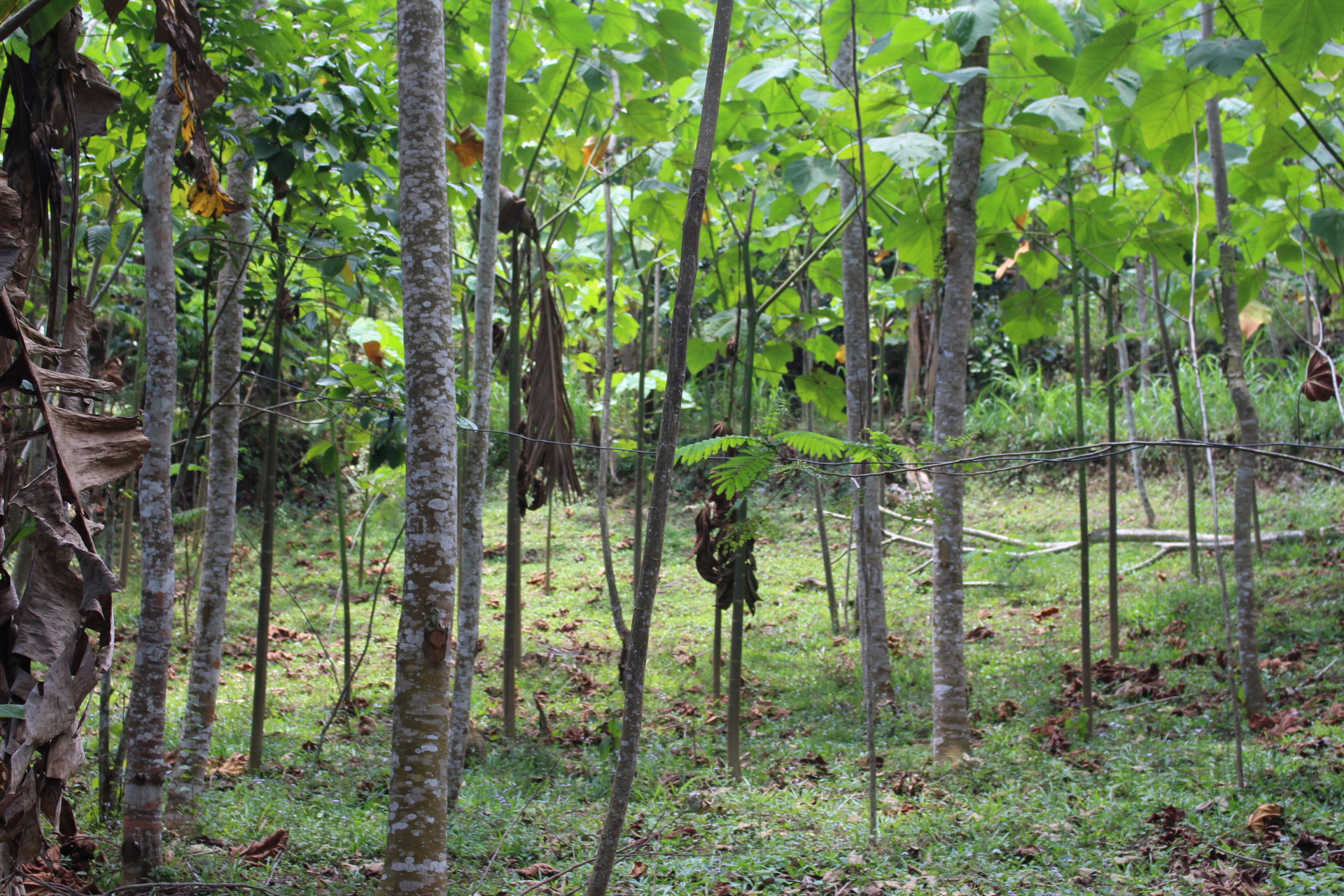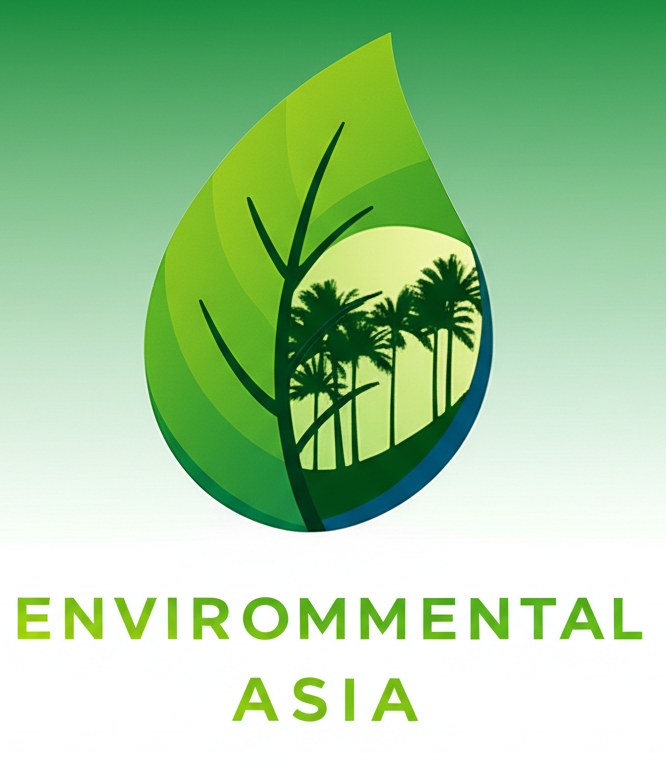Consolidated and compiled By Happy Tarumadevyanto | Independent Consultant | Environmental Asia| happy.devyanto@environmental.asia
Formal education requires students to grasp the learning context of science/knowledge, which blends theory and everyday life.
Indonesia, with its extraordinary diversity of ethnicities, religions, races, and cultures, faces a number of complex and interconnected social challenges. These challenges continue to evolve with the dynamics of globalization, technological advancements, and demographic changes.
A challenge that lies directly ahead and must be faced by students everywhere is the moment they are confronted with reality.
The significant gap between theory and reality must be bridged through strategies for dealing with real-world situations, allowing a connection to be formed between theoretical knowledge and practical experience.
This real-world connection prepares them mentally for societal engagement and equips them to handle diverse situations with wisdom.
Thoughts
- Participatory learning is an approach that emphasizes active involvement, collaboration, and shared responsibility in the learning process. When applied from an early age, especially in dissemination and interaction with communities, it helps individuals develop empathy, critical thinking, and a deeper understanding of diverse perspectives. In daily life, participatory approaches can take the form of group discussions, community service, collaborative projects, or school-based programs that encourage students to engage with real community issues.
- Burning plastic releases toxic fumes that pollute the air and threaten groundwater, elevating health risks, particularly for the community reliant on boreholes for drinking water. Raising awareness about the long-term health impacts of inhaling these fumes and consuming contaminated water is crucial. Informing and engaging the community on these risks could be achieved effectively through environmental education workshops. These sessions can also promote better waste management practices like sorting and recycling, aiming to lower waste volumes and eliminate harmful burning.
Learning to understand environmental dynamics










